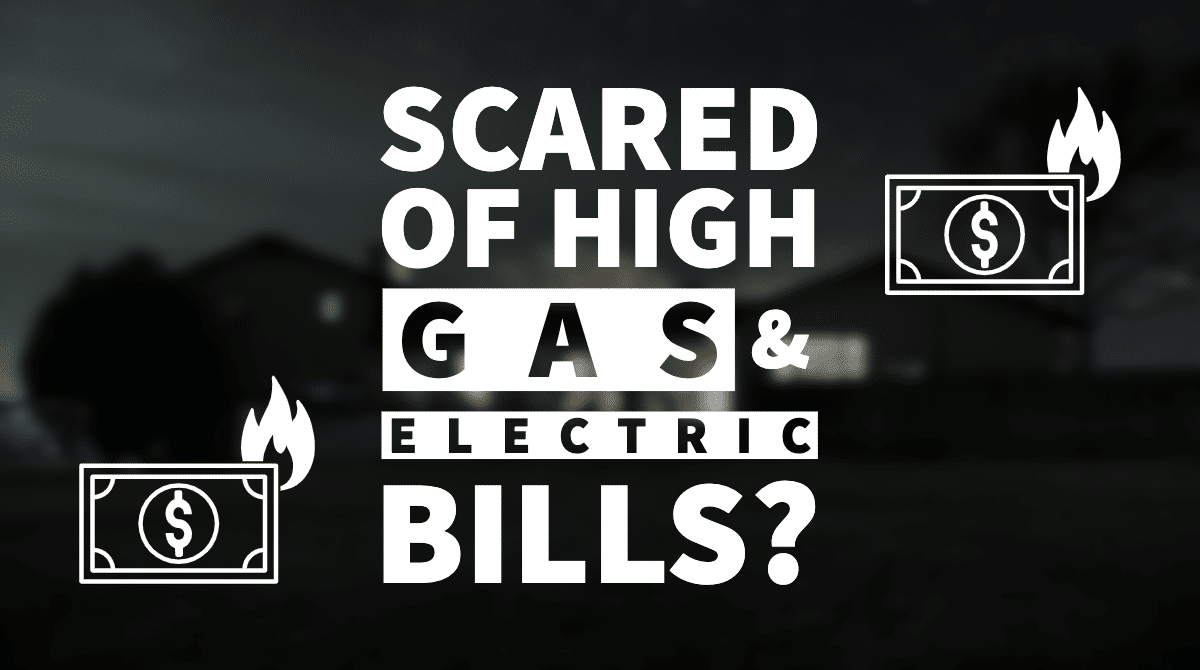Nowadays, most homeowners are striving to find ways and means to keep their gas and electric bills low. It costs a small fortune keeping your home cool during the summer and warm during another Greene County winter. Fortunately for you, however, all that’s necessary to lower your bills is to be vigilant and mindful.
We at Beavercreek Heating & Cooling compiled the following list of simple tips to help you lower your gas and electric bills:
Ten Tips to Keep Your Gas and Electric Bills Low
1. Dress According to the Weather
This is plausibly the most inexpensive and practical way to stay comfortable indoors all year round. Leave that thermostat alone. Whatever the temperature, dress heavy or light according to the weather. Rather than altering the thermostat, wear shorts and t-shirts during the summer. During the winter, throw on a sweater or some thermals. Grab a blanket. This can help you feel comfortable without needlessly running up your bills.
2. Add Insulation
In the wintertime, the frigid temperatures outside can threaten the warmth within your residence. One of the most common reasons for this comes from poor insulation. Insulation shields your home by helping it retain its heat when it’s cold outside. It keeps the warm air inside during the winter and the hot air outside during the summer. Because of this, it is imperative to check the insulation in your residence. You’ll want to check everything from your walls and your pipes to your attic and crawl spaces. Proper insulation will decrease the need for energy and, thus, save on your gas and electric bills.
3. Decrease Your Water Heater’s Temperature
One of the significant costs affecting your energy bills is the cost of keeping your water warm. Part of this expense comes from the heater keeping a supply of warm water in its tank. Decreasing the temperature by a few degrees can skim some money off of your energy bill. The recommended temperature for heaters should not be more than 120 degrees. If you and your family ever leave home for vacation or a trip, you can also turn the heat off until you come back home.
4. Replace Your Air Filter
As discussed before, it is necessary for a mixture of reasons to change your home’s home’s air filter regularly. Keep this in mind as you go about managing your home. The idea of an air filter is to prevent debris like pollen, dust, animal fur, and lint from circulating through your home’s heating and cooling system. A fresh air filter not only assists in maintaining the HVAC in typical working order, but it also keeps it from having to consume excessive energy. When your filter is old, it makes your blower work harder than it should by actually smothering your system and leading to higher energy costs.
5. Install an Energy-Efficient Programmable Thermostat
Did you know you can decrease the amount of energy you consume and lower your electric bill by combating the need to turn up the heat or turn down the thermostat? If this is hard for you or your family to do, you should think about having a programmable thermostat installed. With one installed, you can program the temperature in accordance with the time of day and leave it alone. The thermostat will make the changes on its own, and this will make your home more energy-efficient, which will decrease your energy bill. Make sure to set the thermostat to adjust it to more efficient times when no one is home, or you are asleep. Doing so will also save you money.
6. Wash Your Clothing in Cold Water
The whole process of washing your clothing utilizes a significant amount of energy. The best method for saving on energy costs when doing so is as simple as adjusting the temperature of the water when you wash your garments. Furnishing warm water to your washer makes the water heater work harder and consume a substantial amount of electricity. Switching to cold water will save you money.
7. Find Warm Air Leaks in Your Home
Did you know you can use a candle to find air leaks in your home?
It’s simple. Turn off the air and all your fans. Light a candle and take it around the house, particularly around doors and windows. Where the candle flickers, you probably have an air leak.
These air leaks left alone, have a serious impact on your energy bills. Be sure to use caulking and weatherstripping and repair broken seals. Doing so will not only save you money but will enhance the overall comfort in your home.
8. Check All of Your Appliances
Appliances that aren’t correctly functioning are a drain on energy bills. Be sure to check all of them routinely to make sure they’re not only working correctly but also they are cleaned. You should do this on a routine schedule. For larger appliances, an annual check-up is adequate. When you decide to replace your old appliances, be sure to check the energy-efficiency ratings of the replacements because this could save you money in the long run.
9. Look into Prepaid Electric Bill Plans
One possibility not often examined is the chance of switching from a long-term contract to a prepaid plan with your electric company. With a prepaid plan, you have the option to pay only for the electricity you use. Doing so is also a better way to track the causes of jumps in energy usage.
10. Get a Furnace Tune-up
Last but not least, getting an annual furnace tune-up saves you money in the short term and in the long run. The principal benefits include increased performance. This is in addition to reducing the risk of system failure, a far more costly emergency no one wants to deal with in the winter. Not only that, it ensures proper airflow, decreases the need for repairs, and keeps you and your family secure during the cold months of winter. It can also save time, and it maintains your manufacturer’s warranty. The list goes on.
To schedule a tune-up today, call Beavercreek Heating & Cooling at 937-708-8527, or schedule an appointment now online at www.beavercreekheatingandcooling.com/schedule-now.








